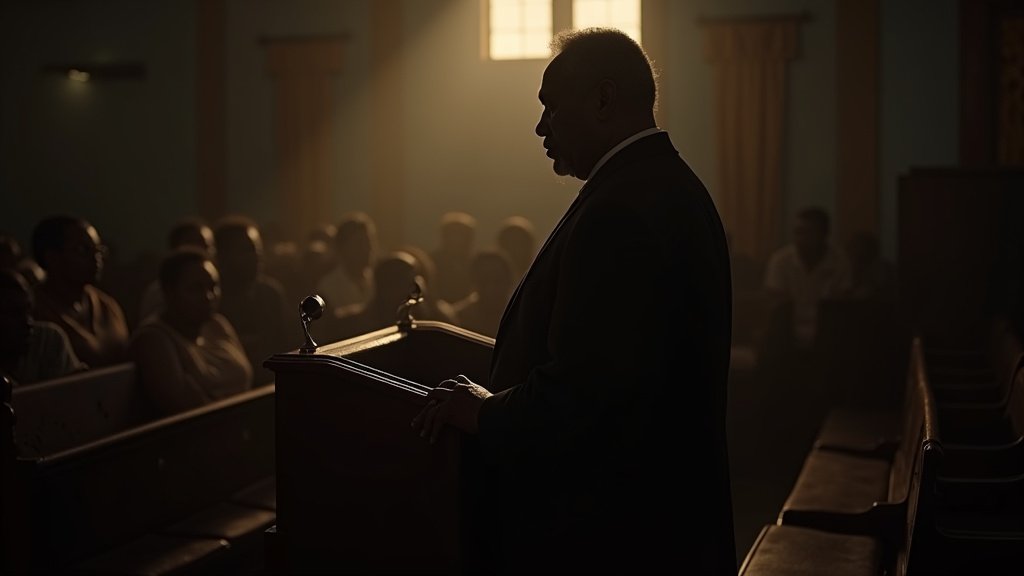In a significant ruling aimed at deterrence, a 59-year-old Bahamian deacon has been sentenced to 20 years in prison for the sexual abuse of a 10-year-old girl. The sentence was handed down by Justice Dale Fitzpatrick in the Bahamas, marking a stern message against offenses targeting vulnerable children.
Conviction and Sentencing Details
The deacon, whose identity has been withheld to protect the victim, was convicted on two counts of unlawful sexual intercourse with a dependent following a guilty verdict from a nine-member jury. While the convicted man maintained his innocence, the jury’s unanimous decision led to the severe penalty. The prosecution had sought a sentence ranging between 15 to 30 years. Justice Fitzpatrick imposed the 20-year term, which takes effect from the date of conviction, and includes credit for two months the deacon spent on remand. This substantial prison sentence underscores the gravity with which the court views such crimes.
Circumstances of the Abuse
The court heard that the horrific abuse occurred over three separate occasions in January and February of 2023. At the time of the assaults, the perpetrator was 56 years old. The victim, a 10-year-old girl, had been living with the deacon and his wife, who was her maternal aunt, following the death of her mother. The assaults reportedly took place in the deacon’s bedroom while his wife, who suffers from limited mobility due to a stroke, was in another part of the home. The child’s vulnerability, compounded by her placement in the care of a trusted religious figure and her aunt, made the betrayal particularly egregious. The case highlights a deeply concerning breach of trust within what should have been a safe environment.
Judicial Stance on Child Protection
Justice Fitzpatrick’s ruling emphasized the concerning prevalence of sexual offenses against young children within the community. He stated, “There is a problem with the frequency of these types of crimes in this community, requiring a message of deterrence and denunciation by the courts.” This sentiment reflects a broader judicial concern about safeguarding children and ensuring that perpetrators are held accountable. The judge also referenced religious teachings, noting the affinity Jesus Christ had for children and cherishing their innocence, contrasting this with the actions of the convicted deacon. He stressed the critical importance of the victim’s vulnerability and the profound breach of trust involved.
Defense Arguments and Verdict
During the sentencing proceedings, defense lawyer Dorsey McPhee argued for a non-custodial sentence. He highlighted the deacon’s responsibilities as a caretaker for his ailing wife and his elderly, visually impaired mother. McPhee also suggested that the deacon’s role within the church could be repurposed for positive mentorship of young men. However, Justice Fitzpatrick deemed the victim’s vulnerability and the nature of the offenses as paramount considerations. The jury’s guilty verdict followed an investigation prompted by a school’s guidance counselor who alerted authorities to the alleged abuse, leading to the deacon’s arrest.
Broader Implications and Reporting
This news, prominently featured in outlets such as the Jamaica Observer and Our News, brings to the forefront the ongoing challenges of child protection. The severe sentence serves as a stark reminder of the consequences for those who exploit the trust placed in them. It is a critical piece of news that underscores the need for vigilance and robust support systems for children who are victims of abuse. The consistent reporting of similar cases across the Caribbean region, even those in places like Jamaica or the US Virgin Islands, highlights a regional concern for child safety and justice. The legal proceedings and sentencing in this Bahamian case aim to contribute to a safer environment for all children, sending an unequivocal message that such predatory behavior will be met with significant legal repercussions. The judicial system’s response in this instance is intended to denounce such acts and deter others from committing similar offenses, reinforcing the societal commitment to protecting its youngest and most vulnerable members.

